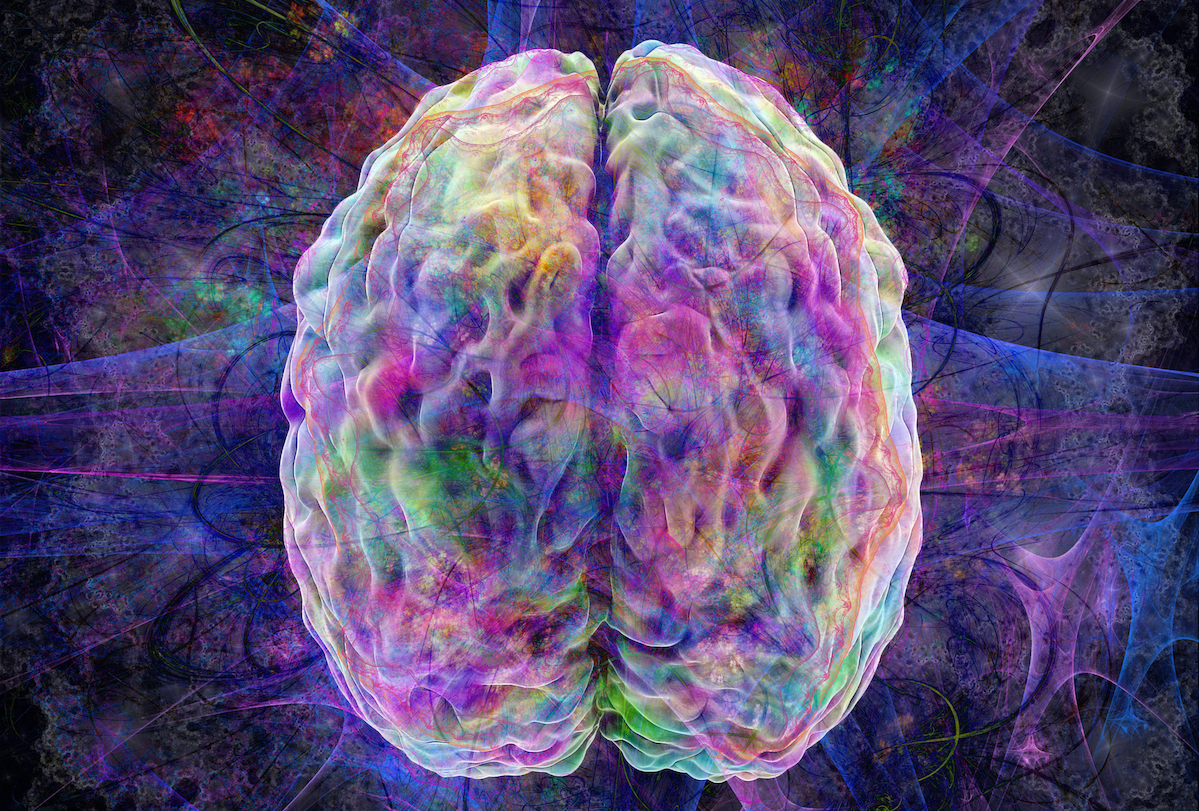
Good health depends on a healthy diet and sufficient exercise and sleep. There are clear associations among these components; for example, good nutrition provides energy for exercise, and many people report that getting enough exercise is important to their ability to get enough sleep. So how might nutrition affect sleep?
A new study looks at the connection between fruit and vegetable intake and sleep duration. The research, by a team from Finland’s University of Helsinki, National Institute for Health and Welfare, and Turku University of Applied Sciences, is published in Frontiers in Nutrition.
Why sleep is important and how it works
Sleep gives our bodies the chance to rest and recover from wakeful activity...










Recent Comments